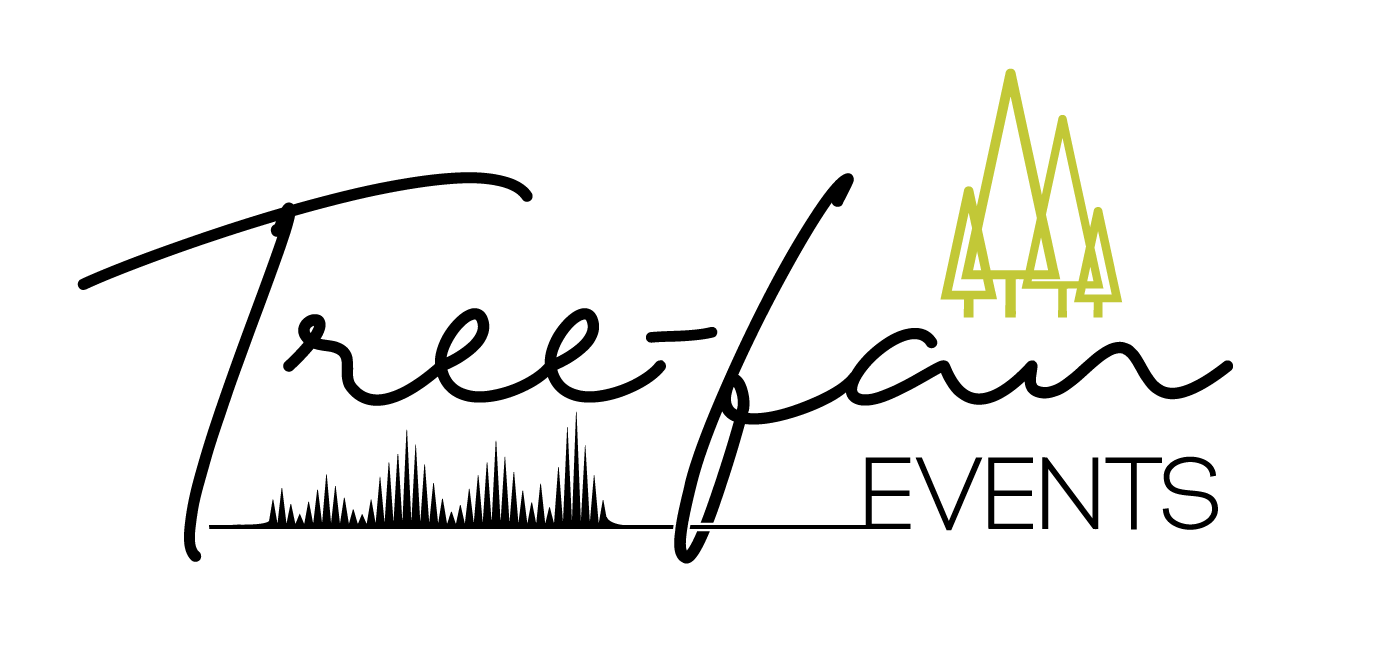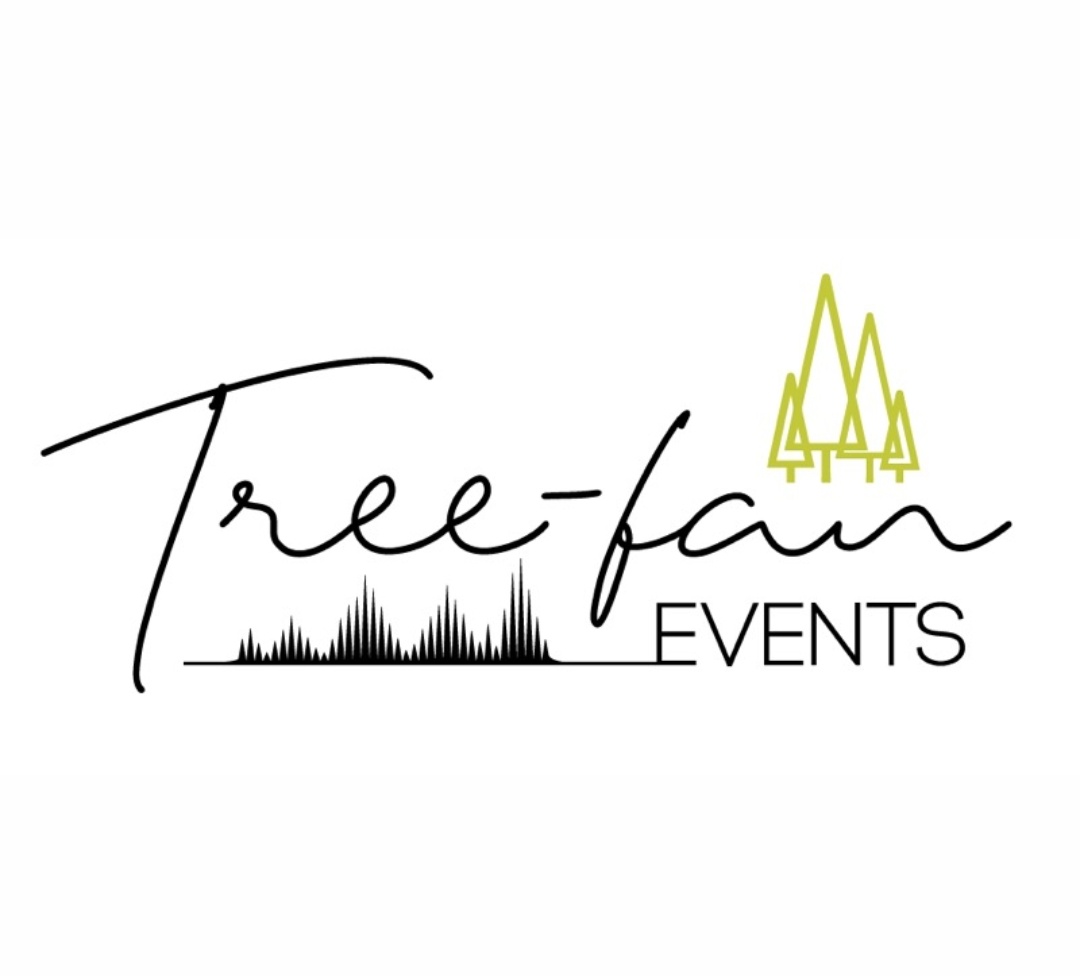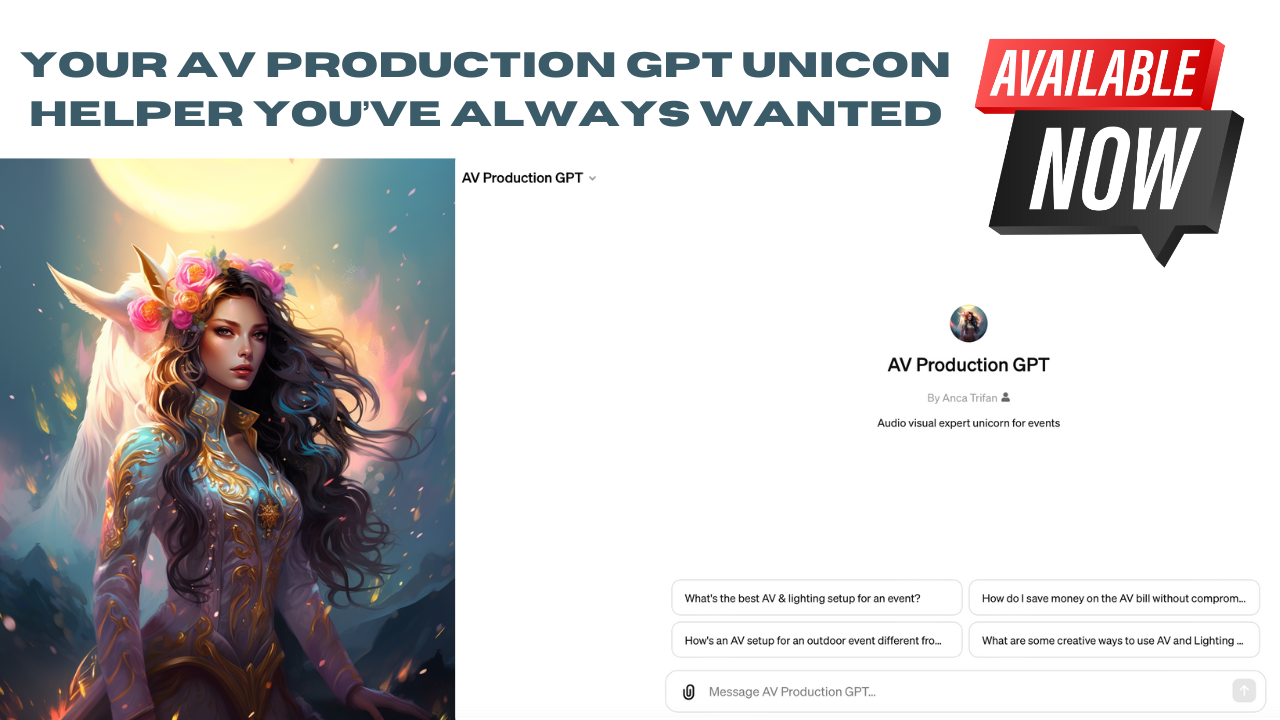For most large events, having a show caller and a technical director on your AV team is as crucial as having a GPS for your event. These roles, although distinct, complement each other to ensure that your event runs smoothly and professionally, guiding you smoothly through every turn and ensuring you reach your destination without any hitches. The understanding of these roles is crucial for orchestrating large-scale events successfully. So what are the main differences?
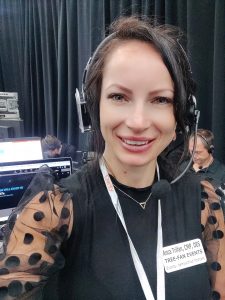
A show caller is essentially the orchestrator of live events. They are responsible for ensuring that every element of the show follows the script exactly as planned. This includes cueing all technical elements like lighting, sound, visuals, and stage directions at precisely the right moment. It’s the show caller who is wearing the headset, absolutely glued to the script, and cueing technicians with precision. This role requires a deep understanding of the technical aspects of event production, along with a calm demeanor under pressure, and the ability to communicate clearly and decisively. They hold the reins of the event, providing real-time direction and coordination, making them the direct line of communication for performers, technicians, and other production staff during the show.
On the flip side, a show caller is not generally involved in the planning or technical setup of the equipment. They do not decide on the sound system’s configuration, the lighting design, or the video content. Their role is execution-focused, bringing to life the vision crafted by the technical director and the production team.
Meanwhile, a technical director plays a different yet equally important role. The technical director (TD) is responsible for the overall technical execution of an event. This role involves planning, designing, and overseeing the installation of the technical aspects of the event, such as sound, lighting, video, and staging. The TD works closely with the production team, including the show caller, to understand the event’s vision and ensure the technical design supports this vision. They are in charge of the technical crew, directing the setup, troubleshooting any issues that arise, and making executive decisions about the technical elements of the show.
The key difference between a show caller and a technical director lies in the focus of their roles. The technical director concerns themselves with the “how” of the event—how the lights are rigged, how the sound is configured, how visuals are displayed. Meanwhile, the show caller delves into the “when” and “what”—when to cue the lights, when to start the music, and what comes next in the program.
In large-scale productions, the complexity and scale of the technical setup and the precision required for executing the show demand specialized focus. Having both a technical director and a show caller allows for a division of labor that is essential for the success of large events. While the TD focuses on the broader technical strategy and troubleshooting, the show caller can concentrate on the fine details of the show’s execution. This collaboration ensures that both the macro-level planning and micro-level execution are handled expertly, leading to a seamless and dynamic event experience. A critical tool that empowers Show Callers to manage the flow and timing of an event with unmatched accuracy is ShowFlo by Cvent. This advanced software becomes an extension of the Show Caller’s capabilities, enabling them to build detailed run of shows, agendas, and cue sheets minute by minute, outlining each cue with precision timing, ensuring that every element unfolds seamlessly.
The difference a show caller makes in AV production is clear. They not only ensure the technical aspects of an event run smoothly but also enhance the overall experience for everyone involved.
A show caller’s ability to manage and synchronize lighting, sound, and visuals in real-time is crucial for maintaining the event’s pace and energy, turning potential chaos into a coordinated display of professionalism.
In essence, a show caller and a technical director are not just added luxuries but fundamental components of any successful AV production, transforming good events into great ones through meticulous planning, technical know-how, and on-the-fly problem-solving. Their combined roles exemplify the importance of technical expertise and precise communication in delivering an event that resonates with its audience and leaves a lasting impression.
The roles of a show caller and a technical director, though distinct, are both critical to the success of large-scale AV productions.
Their combined expertise ensures that the technical aspects of an event are both well-planned and flawlessly executed, delivering an exceptional experience for the audience and participants alike. So, whether you are planning a corporate gala, a live concert, or a theatrical performance, the presence of a show caller and a technical director can spell the difference between a good event and a great one.

To further illustrate the critical roles of a show caller and a technical director, let’s dive into a couple of case studies, contrasting a show that lacked these pivotal roles with one that benefited from them.
Imagine an annual corporate gala designed to celebrate achievements and outline future goals. Without a show caller and a technical director, the event faced several challenges:
- Cue Confusion: Lighting cues were missed, causing awkward moments of speakers standing in the dark or being illuminated at the wrong times.
- Sound Issues: Microphone levels were inconsistent, leading to feedback issues and difficulty hearing some speakers.
- Disjointed Flow: Transitions between segments were clumsy, with noticeable delays and confusion about what was supposed to happen next.
The result was a gala that felt unprofessional and disjointed, detracting from the celebratory atmosphere and leaving attendees with a less-than-stellar impression of the organization.
Now, contrast the above scenario with a similar event the following year, this time with an experienced show caller and technical director at the helm:
- Seamless Transitions: The show caller orchestrated transitions smoothly, ensuring that each segment flowed into the next without awkward pauses.
- Perfect Timing: Lighting and sound cues were executed flawlessly, highlighting speakers and performers at just the right moments and enhancing the overall impact of their presentations.
- Adaptability: When an unexpected technical glitch occurred, the technical director quickly identified the issue, and the show caller communicated a workaround to the tech team, minimizing disruption to the event.
This time, the event was a resounding success, leaving attendees impressed with the organization’s professionalism and the night’s flawless execution.
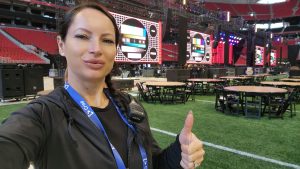 These case studies clearly highlight the importance of both a show caller and a technical director in AV production. They not only ensure the technical aspects of an event run smoothly but also enhance the overall experience for everyone involved. Their combined ability to manage and synchronize lighting, sound, and visuals in real-time is crucial for maintaining the event’s pace and energy, turning potential chaos into a coordinated display of professionalism.
These case studies clearly highlight the importance of both a show caller and a technical director in AV production. They not only ensure the technical aspects of an event run smoothly but also enhance the overall experience for everyone involved. Their combined ability to manage and synchronize lighting, sound, and visuals in real-time is crucial for maintaining the event’s pace and energy, turning potential chaos into a coordinated display of professionalism.
In essence, a show caller and a technical director are not just added luxuries but fundamental components of any successful AV production. Their roles exemplify the importance of technical expertise and precise communication in delivering an event that resonates with its audience and leaves a lasting impression.
In summary, the roles of a show caller and a technical director, though distinct, are both critical to the success of large-scale AV productions. Their combined expertise ensures that the technical aspects of an event are both well-planned and flawlessly executed, delivering an exceptional experience for the audience and participants alike.
Ready to bring precision, professionalism, and cutting-edge technology to your next event? Our team of experts is here to elevate your event experience. Don’t leave your event’s success to chance. Contact us today and let’s create something unforgettable together. Get in touch now!
